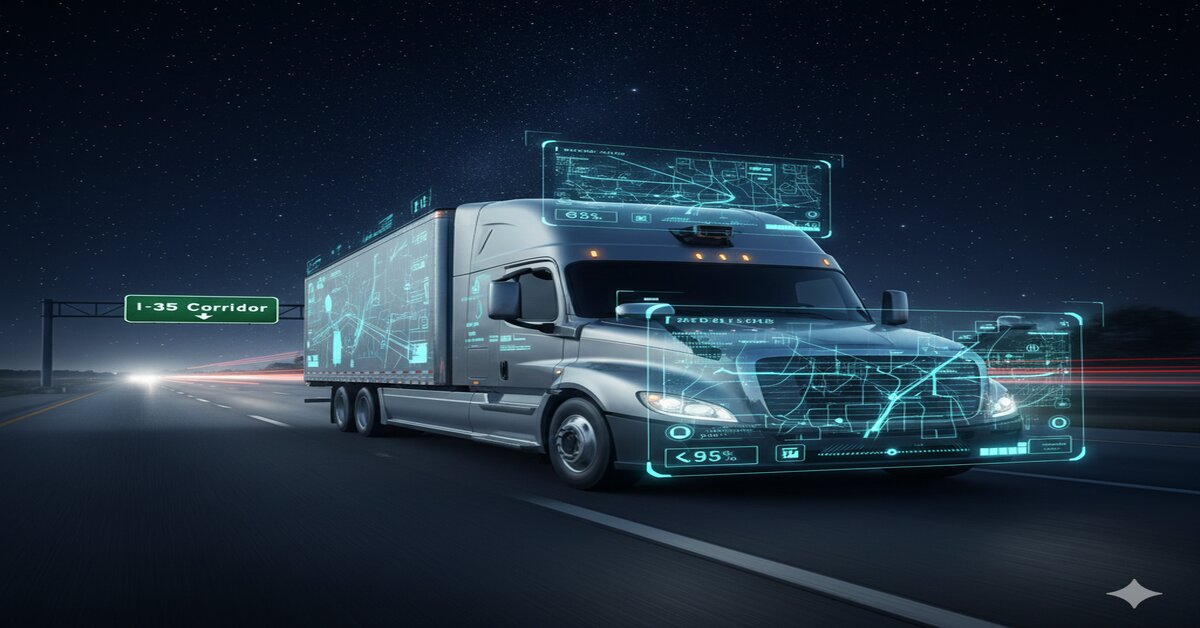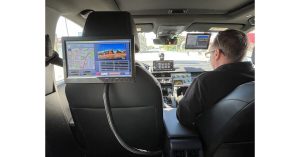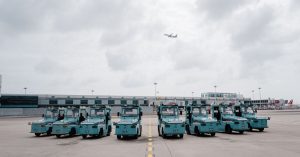International Motors (International) has officially launched customer fleet trials in Texas for its second-generation autonomous trucks, marking a major step forward in the development of self-driving freight transportation. Partnering with autonomous driving technology company Plus AI, International is testing its latest-generation autonomous on-highway tractors along the busy Interstate-35 corridor, which connects Laredo and Dallas — one of the most important freight routes in the United States.
The program will be closely monitored from International’s dedicated autonomous hub in San Antonio, allowing the company to work directly with participating fleet operators. This hands-on approach is designed to give International a deeper understanding of how its autonomous trucks perform in real-world conditions and to gather insights that will help refine the technology for future commercial deployment.
At the heart of the trial is International’s second-generation autonomous tractor, built on the International LT Series platform and powered by the efficient S13 Integrated Powertrain. The vehicle is equipped with an advanced factory-installed sensor suite and computer system, working together with Plus AI’s latest SuperDrive autonomous driving software. SuperDrive is based on cutting-edge end-to-end AI models trained using extensive real-world driving data.
The truck’s sensor setup combines imaging radar, lidar, and strategically positioned cameras to provide a 360-degree view of its surroundings, enabling precise navigation and obstacle detection. Together, these systems aim to create a highly capable, reliable, and safe autonomous driving experience suitable for hub-to-hub freight operations.
Tobias Glitterstam, International’s chief strategy and transformation officer, emphasized the importance of this pilot program in shaping the future of transportation. “This pilot program is a significant step toward seamless digital operations designed to deliver an exceptional customer experience,” Glitterstam said. “By working hand-in-hand with our customers, we are proving the commercial viability of autonomous technologies and offering innovative solutions that improve safety, efficiency, and profitability.”
The collaboration with Plus AI is part of International’s broader strategy to bring scalable, factory-installed autonomous solutions to the freight industry. Both companies are committed to developing technology that is not only technologically advanced but also practical and cost-effective for fleet operators.
James Cooper, International’s director of autonomous business development, highlighted the value of working closely with customers during this stage. “Deep customer collaboration is essential to understanding how autonomous systems can optimize freight routes, enhance safety, and lower operating costs,” Cooper explained. “The lessons learned from these trials will help shape the roadmap for scaling autonomy across major freight hubs, starting with critical corridors like I-35.”
With the I-35 corridor serving as a proving ground, International’s pilot program is expected to accelerate the adoption of autonomous trucking technologies, setting the stage for broader deployment in the years ahead.







